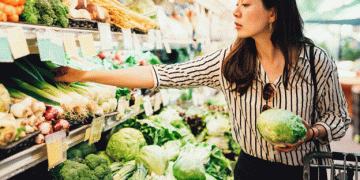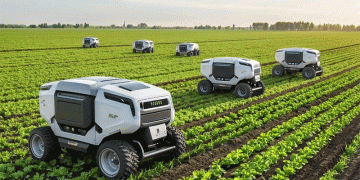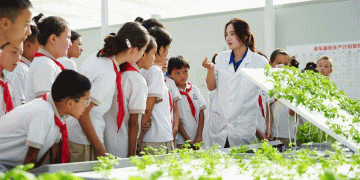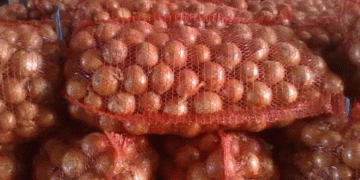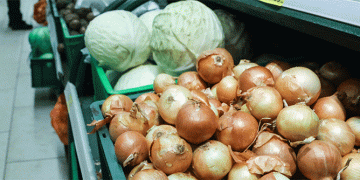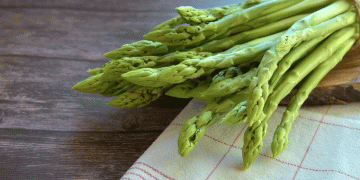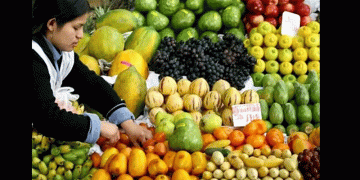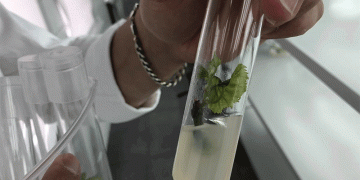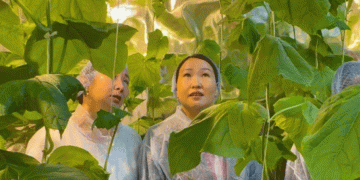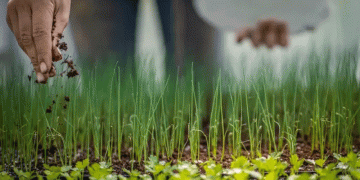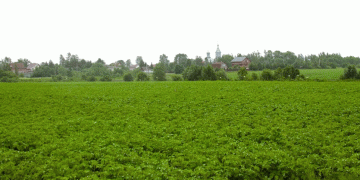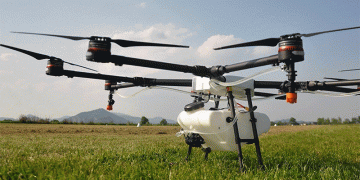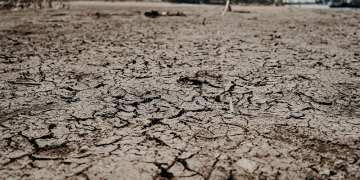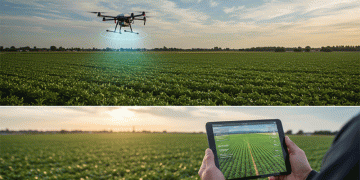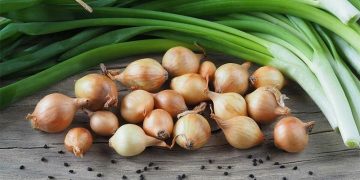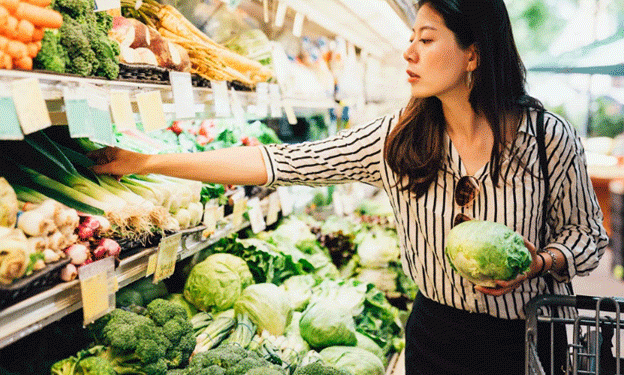In 2024, Russia experienced a significant uptick in its vegetable imports from China, totaling $340.3 million—the highest figure recorded since 2019. This development highlights the deepening agricultural trade ties between Russia and China.
A substantial portion of these imports comprised various types of onions, maintaining a 21% share, consistent with 2023 figures. Tomatoes followed closely, accounting for 18% of the imports. Additionally, 16% encompassed other vegetable crops, including eggplants, asparagus, pumpkins, and mushrooms.
Notably, the import of certain crops saw remarkable growth. Potato imports quadrupled, reaching $17.2 million. Cassava, along with similar crops like wild yam and tropical taro, doubled to $411,000. Frozen vegetable imports also increased by 52%, amounting to $17.7 million.
Overall, Russia’s total vegetable imports in 2024 rose by 9.9%, reaching 1.7 million tons, up from approximately 1.6 million tons in 2023.
This growth was primarily driven by increased supplies from friendly nations. For instance, tomato imports grew by 14.9% to 479,400 tons, with Azerbaijan being the main supplier, increasing its exports by 6.7% to 141,900 tons. Imports of onions and garlic also rose by 5.3% to 334,350 tons, with Kazakhstan remaining the leading supplier, boosting its exports by 57.9% to 149,200 tons.
The surge in imports from China and other allied countries reflects Russia’s strategic efforts to diversify its agricultural import sources. This approach not only ensures a stable supply of essential food products but also strengthens economic partnerships with key nations.
Russia’s record-high vegetable imports from China in 2024 signify a pivotal shift in its agricultural trade dynamics. By diversifying import sources and bolstering relations with friendly countries, Russia is enhancing its food security and fostering robust international agricultural collaborations.
